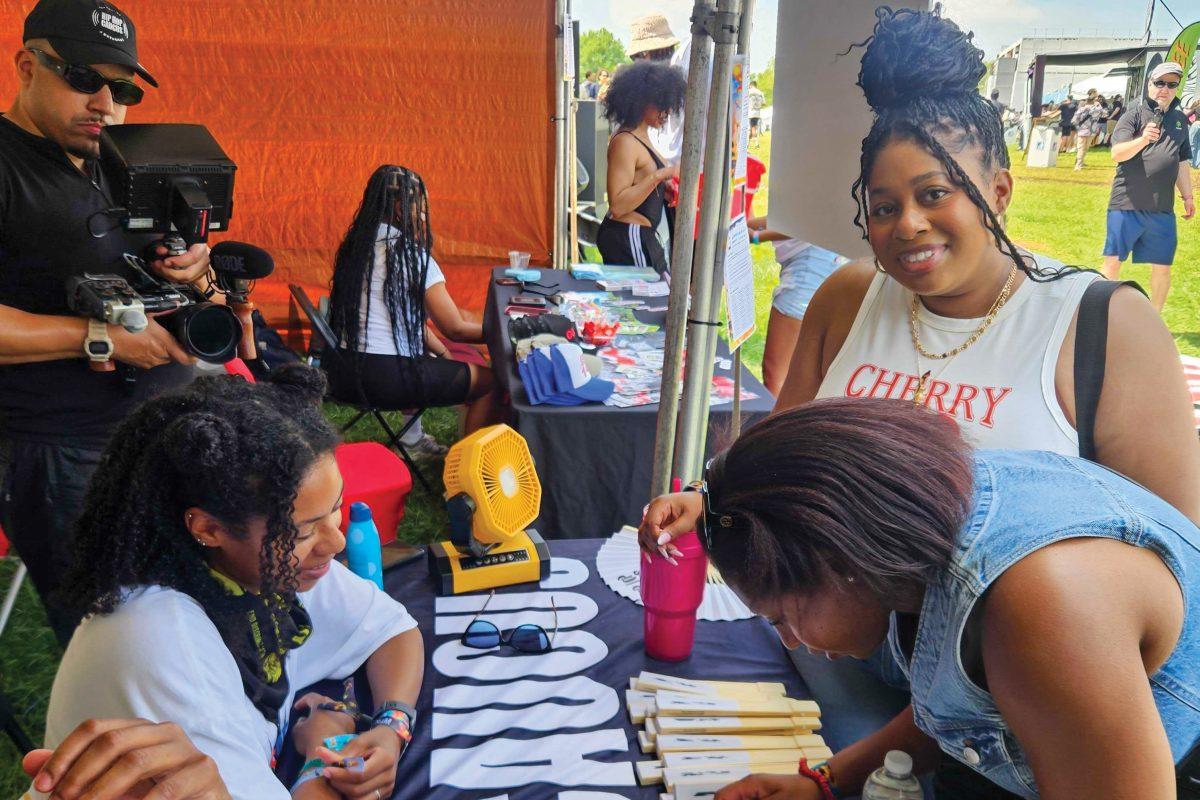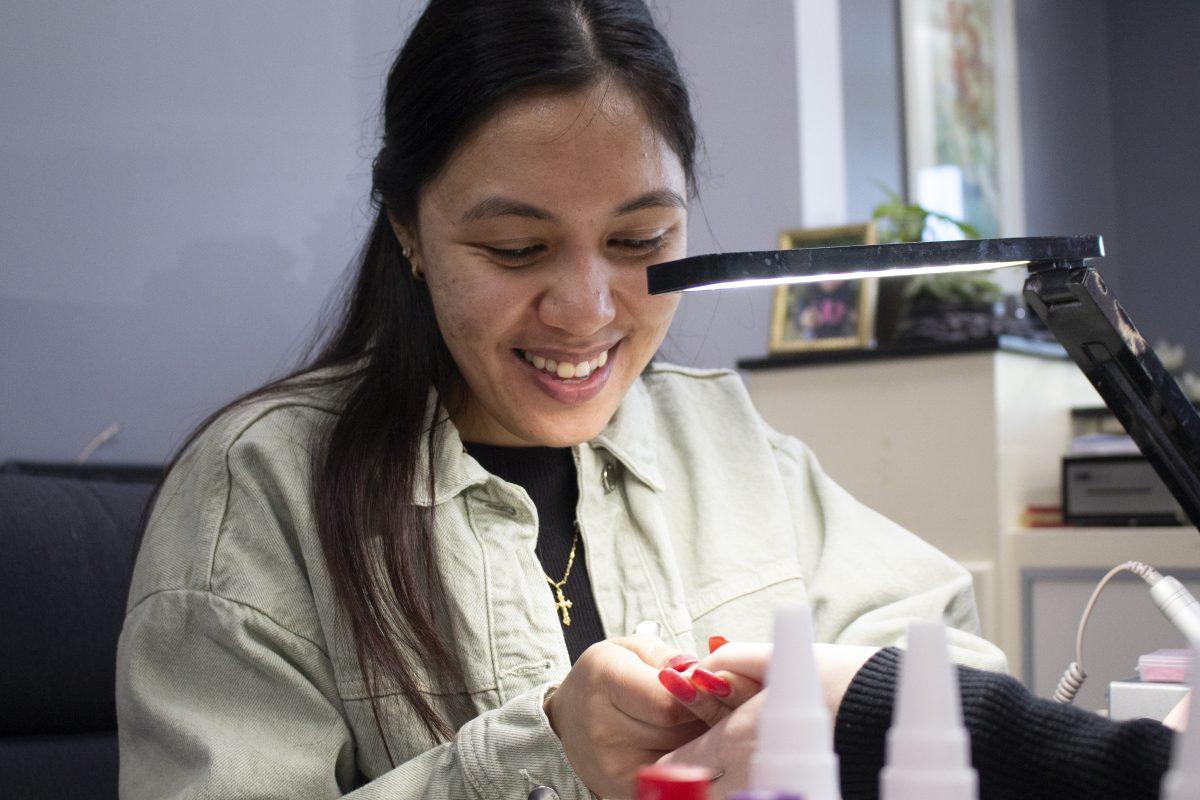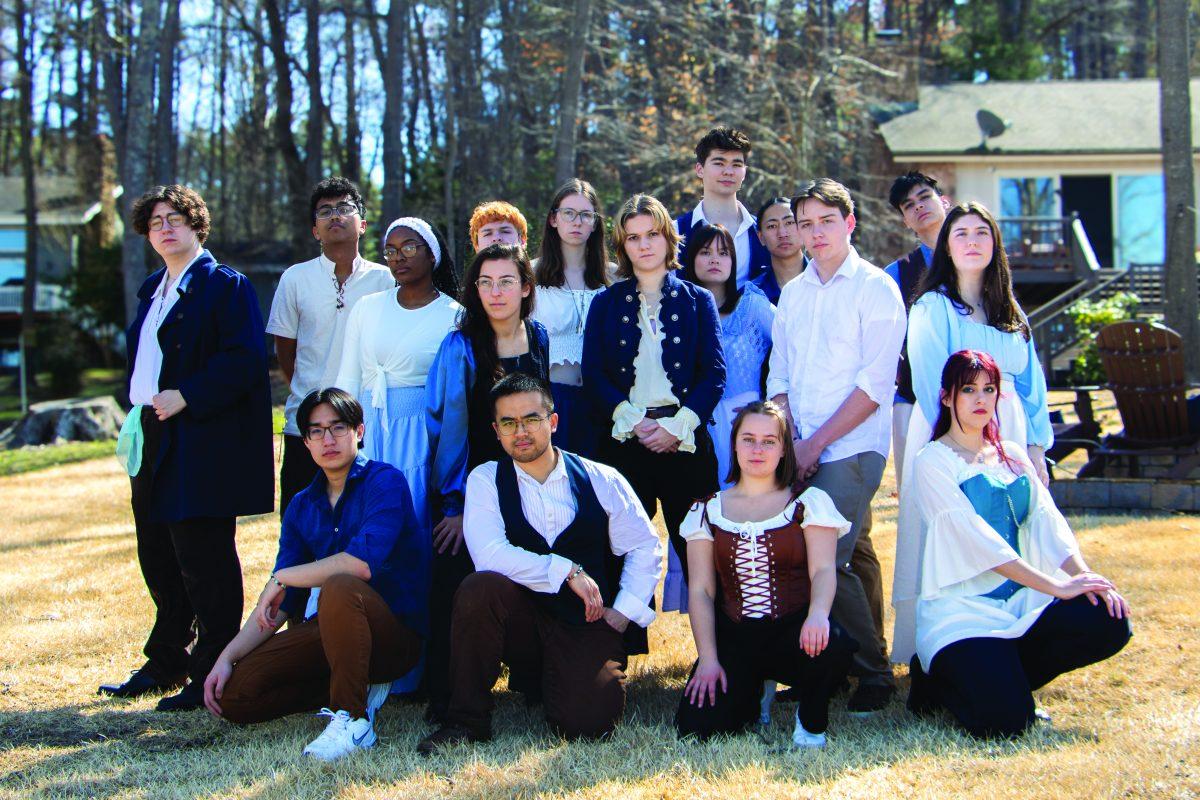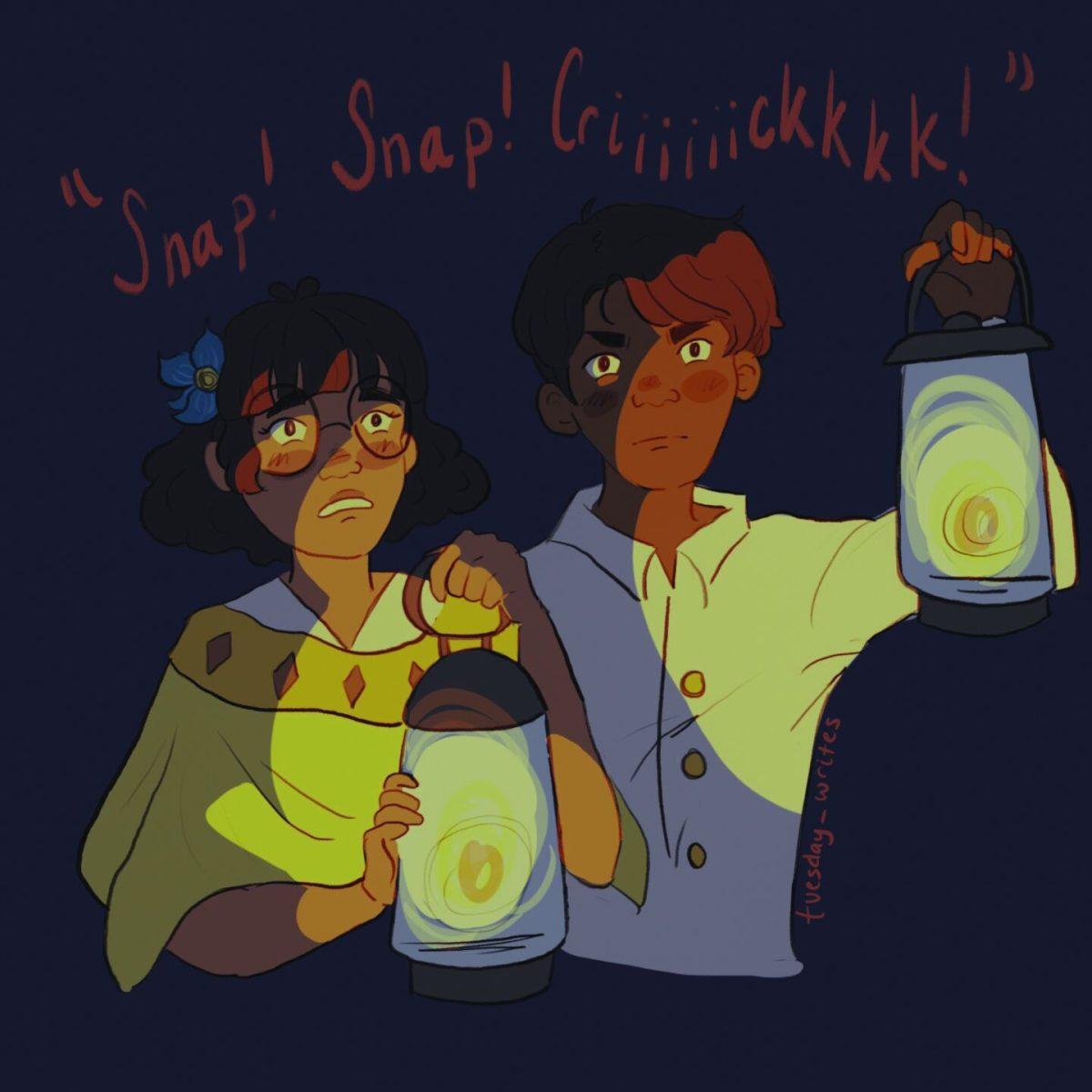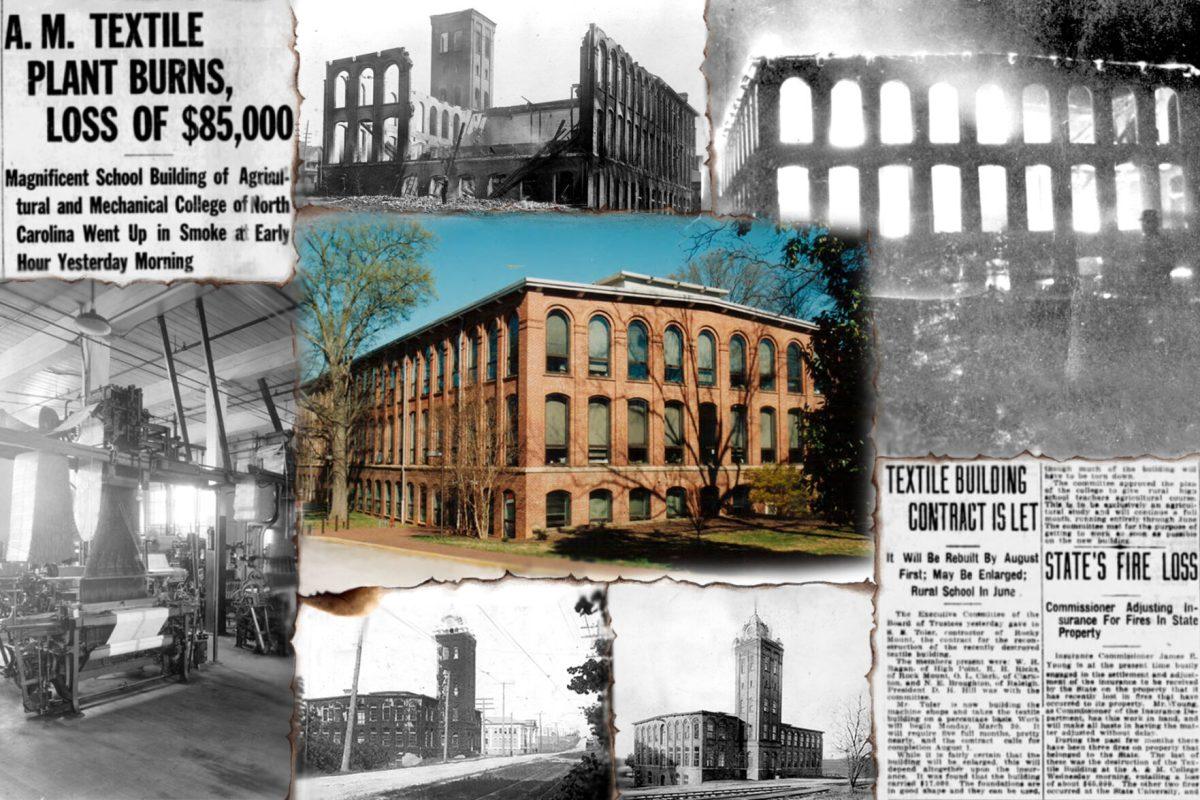NC State Department of English’s annual spring poetry contest gives a voice to North Carolina’s poetic talent while searching for tomorrow’s poets.
Each year, the department receives hundreds of submissions to perform initial reads on before passing off the top 50 or so to a prominent poet acting as the year’s guest judge. The winning poem earns the poet the $500 Dorianne Laux Prize for Poetry.
Submissions for the 2023 contest with guest judge Khalisa Rae are open to North Carolina residents and NC State students through March 1.
Wilton Barnhardt, a professor in the Department of English and founder of the contest as it functions today, said the nature of a free-to-enter poetry contest open to all unpublished poets across a state encourages a massive variety in submissions.
“You always get the elementary school who decided, as a class, to send their rhyming poems, and you’ll get some poems that would be quite appropriate for a church bulletin,” Barnhardt said.
Amidst this variety, however, there are undeniable gems from both practiced poets and people who do not consider themselves poets at all.
“If somebody at UNC-Wilmington wins the poetry prize, that is not a great surprise,” Barnhardt said. “But what is so wonderful is when it’s an older retired person in the mountains, who just has a few good poems and sends it in and beats everybody in the state. That’s a great joy.”
As a member of the MFA in Creative Writing faculty, Barnhardt likens the poetry contest to football scouts attending high school games in search of talent, saying that often, winners go on to enroll in NC State’s MFA program.
“How else do you find the poets of tomorrow?” Barnhardt said. “It’s important [to] the craft, to the art, to move on.”
In addition to recruitment, Barnhardt said the contest provides a venue to celebrate the literary roots of North Carolina.
“I think the novelists and the writers get all the publicity, from Thomas Wolfe onward, but I think the poetry is very strong here in the state, too,” Barnhardt said. “Maybe only Mississippi in the South is as blessed with published writers as North Carolina. … There’s a great tradition here, and it’s all over the state.”
For finalists and winners, the contest has often served as a defining moment towards the beginning of a successful poetry career. Arielle Hebert, the 2019 winner and MFA alum, said the award gave her confidence in her work.
“As a past winner, it continued to give me that confidence that maybe I should actually start looking at some of these bigger contest[s],” Hebert said. “Maybe my work can sit alongside these nationally recognized writers and can go before these judges who I greatly admire.”
2019 guest judge Ada Limòn, who went on to become the 24th Poet Laureate of the United States, selected Hebert’s “Bottom Feeders” as the winner of the contest. Recognition from Limòn gave Hebert direction for her current manuscript.
“[‘Bottom Feeders’] went on to become the title poem of my manuscript in progress that will end up, hopefully, being selected as my first poetry collection,” Hebert said. “Having that recognition for ‘Bottom Feeders’ changed the way that I thought about the collection of poems that was forming and kind of helped me tease out what was missing from that collection.”
Barnhardt said watching past contestants, such as Hebert, grow and flourish has been one of the most rewarding parts of his involvement in the contest since its establishment in 2003.
“Sometimes you’ll see somebody is a finalist or somebody just missed the finals one year, and then the next year, they’re honorable mention, and then they’re honorable mention again, and then they win,” Barnhardt said. “You actually see careers taking shape as they keep trying and keep submitting. … I think the reward is not only getting to know them if they come to be a student with us but also to see them flourish.”
Allowing any personal work to be judged can be frightening. Hebert said she was initially surprised at Limòn’s selection of “Bottom Feeders,” which explores the personal decisions about who we love and surround ourselves with, because the content does not shy away from difficult truths. She came to understand works that grapple with difficult topics and expose vulnerabilities can also create deep connections.
“I think [vulnerability] is worth it when you realize that that vulnerability comes with … connecting to readers and to the community and people and humanity,” Hebert said. “Submit the poems that you believe in, even if they’re vulnerable or gritty or it’s difficult to read or to share or to have written.”
The Department of English is accepting hardcopy submissions mailed to the 2023 contest through March 1. Barnhardt encourages any unpublished writers interested to add their poems to the pool.
“Everyone that succeeds in poetry, at some point must submit their work,” Barnhardt said.
Visit the Poetry Contest website for specific criteria and submission instructions.









